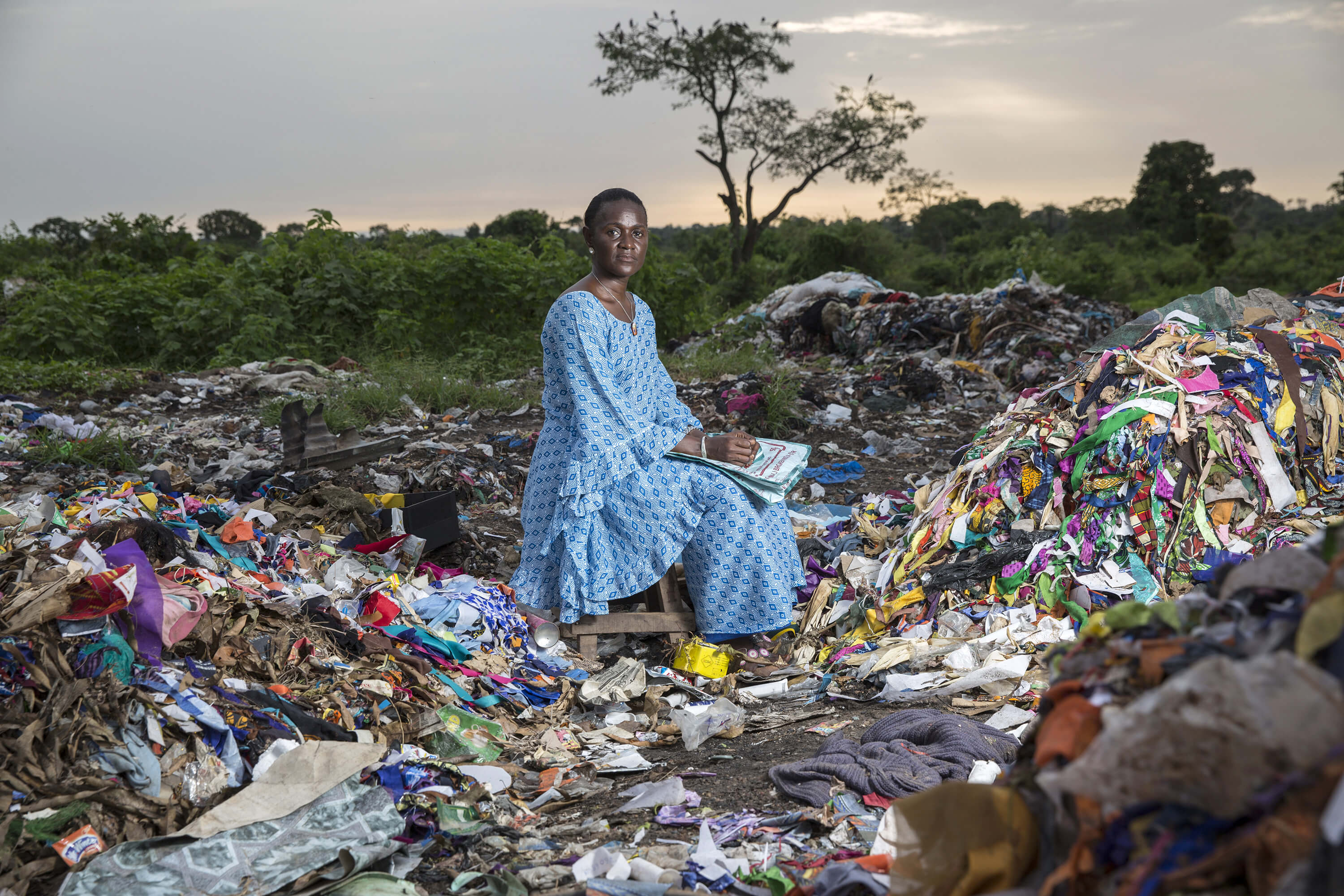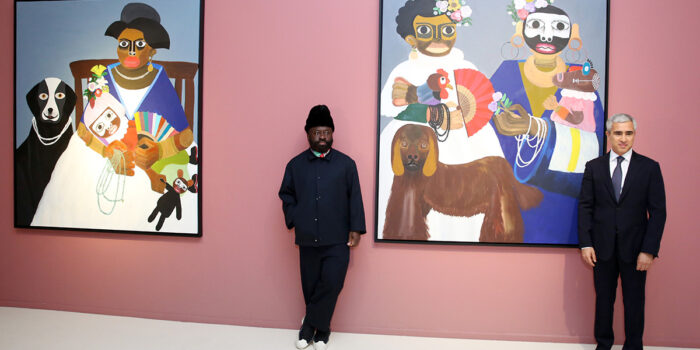From promoting recycling to fighting for clean water, there is change afoot – a new wave of fierce female eco-warriors are paving the way in an environmental movement that crosses generations and geographical boundaries. Sally Howard speaks to four inspirational women who are changing the world for good – one battle at a time
From the infertility resulting from chemical disasters such as the Bhopal gas leak in India, to the everyday struggle of maintaining homes and families on the flood-prone plains of Bangladesh, it’s women who, more often than not, bear the brunt of environmental disaster and climate change.
But women, too, are at the forefront of the battles for our shared environment. Community pollution activists, defenders of indigenous land rights and the female architects of the Paris Agreement on Climate Change (Christiana Figueres and Laurence Tubiana): a women-led environmental movement is blooming, from grassroots to supranational governance.
It’s a revolution that often comes at a personal cost. According to human rights charity Protection International, in the years 2014-17 an estimated 170 women were the target of judicial harassment due to their outspoken roles in the defence of the environmental, land rights and equal access to natural resources; and all too often it’s men that get the credit for women environmental activists’ achievements.
Professor Wangari Maathi, who could perhaps be dubbed the original climate heroine, won the Nobel Peace Prize in 2004 for her Kenyan community-based tree-planting organisation the Green Belt Movement. She has urged women climate activists to fight on, in spite of these frustrations and impediments: “Throughout the world, as resources become scarce, women are the first to become aware of environmental damage, “ she said. “So we cannot tire or give up. We owe it to the present and future generations of all species to rise up and walk.”
Baku highlights four kick-ass climate heroines from around the world:
Isatou Ceesay, 45, The Gambia
In the tiny West African state of The Gambia, waste is a big problem. Until the late 90s much of it was illegally dumped or burnt, leading to a host of health implications from cholera to respiratory infections. Enter Isatou Ceesay (pictured above), who, in 1997, founded a revolutionary community recycling project, the Njau Recycling and Income Generation Group. The Group, which now employs over 100 women, collects and recycles waste, gives training in composting techniques and upcycles plastic water into bags, mats, purses and jewellery.
“If we prepare children to become better leaders, and women to play an important part alongside men, then we will be able to mitigate climate change, while living and working in better conditions, and contributing to the development of our society,” Ceesay says.
Gertrude Clemeny, 16, Tanzania
Anxious about the effects of water scarcity and plastic bag pollution in her home village of Mwanza, northwest Tanzania, in 2015 schoolgirl Clemeny approached a local radio channel to host a show about climate change. Her astute reporting, and efforts to engage fellow teens in climate activism, led to an invitation to speak at the 2016 United Nations Signature Ceremony for the Paris Agreement.
“I hope that listeners to our programme will change the situation they find in their streets, cleaning their environment and protecting their water resources,” she says.
Celine Harpe, 83, Canada
Dressed in moccasins and a beaded headdress, this diminutive Canadian First Nations elder cuts a modest figure for her huge achievements in battling major oil and gas corporations. In 2015, thanks in part to Harpe’s testimonials, President Barack Obama rejected the third phase of the keystone oil and gas pipeline Keystone XL, that would increase tar sand extraction in once-pristine ancestral land of the Chipewyana tribes in Northern Alberta. On January 24, 2017, President Trump signed a presidential memoranda to revive both the Keystone XL and Dakota Access pipeline construction projects. Harpe has vowed to fight on. “Our spirits are woven into the land and the land is woven into our spirits, and the water too,” she says.
Jintana KaewKao, 55, Thailand
KaewKao’s calling to environmental activism came by circumstance. In 2001 a coal power company, Union Power Development, bought a swathe of land in the mother-of-three’s southern Thai coastal village under the guise of building a tourist resort. When their intentions became clear – to cut down 10,000 coconut palms to construct a polluting coal power plant – KaewKao took them on, risking her life (a fellow activist was assassinated) and imprisonment to put a stop to the project.
“If a coal factory or some kind of industrial development is built in your village, you should be aware of what will happen,” KaewKao says. “It’s not just putting a badge on or carrying a biodegradable material bag as some celebrities do, claiming they are stopping global warming. We all need to start looking after our home.”
Image courtesy of Luke Duggleby
Like this? Then you’ll love: Cristina Mittermeier on conservation, photography and not holding back




